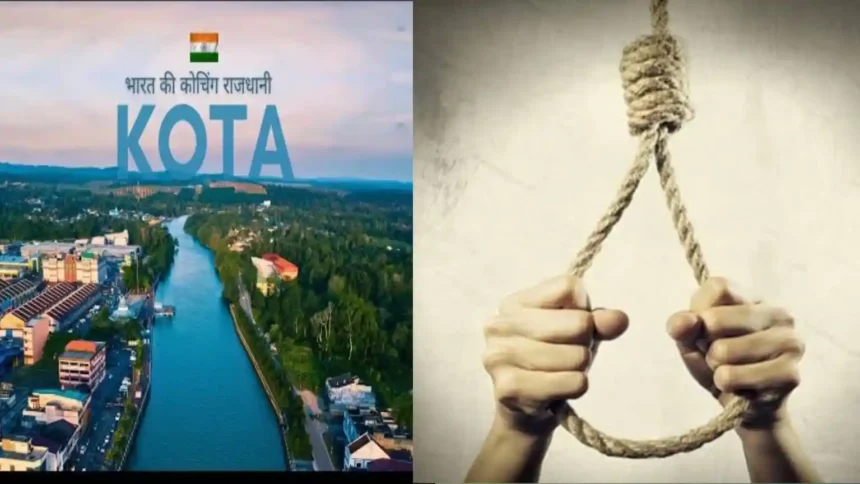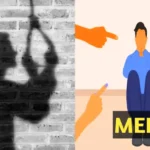In the city of Kota, often hailed as India’s coaching hub, yet another heartbreaking incident has left everyone in shock. Jeeshan Jahan, a 17-year-old student from Jammu and Kashmir, who had come to Kota to prepare for the National Eligibility-cum-Entrance Test (NEET), ended her life by hanging. Jeeshan had arrived in Kota just a month ago. With this incident, the number of student suicides in Kota this year has reached 17, becoming a matter of grave concern.
Jeeshan Jahan had enrolled in a renowned coaching institute in Kota to prepare for NEET. It is said that she was working tirelessly to fulfill her family’s expectations, but the pressure of studies and the fierce competition may have become unbearable for her. The police have initially classified this as a case of suicide, though no suicide note has been recovered so far. Jeeshan’s family has been informed, and they are on their way to Kota.
This incident is not an isolated one. Over the past few years, the number of student suicides in Kota has been steadily rising. In 2023, 24 students took their own lives, while in 2024, the number stood at 15. This year, in 2025, 17 cases have already been reported so far. Kota, once regarded as a hub of education, is now increasingly becoming synonymous with mental pressure for students. Every year, lakhs of students come here to prepare for competitive exams like NEET and IIT-JEE, but the pressure to succeed and the fear of failure are swallowing many young lives.
Just recently, on May 23, 2025, the Supreme Court reprimanded the Rajasthan government, questioning, “Why are so many suicides happening in Kota alone? What steps is the state government taking in this regard?” The court expressed its displeasure over the government’s inaction and the delays in registering FIRs in such cases. In March 2024, the Supreme Court had also constituted a national task force to address issues related to students’ mental health, but despite this, there has been no visible improvement in the situation.
The local administration has previously taken several measures, such as imposing a two-month ban on tests and exams in coaching institutes and developing mental health questionnaires for students. Additionally, steps like installing spring-loaded fans in hostels and increasing counseling facilities have been implemented, but these measures have proven insufficient.
Psychologists point out that the academic environment in Kota is so stressful that many students fall prey to loneliness and depression. The mindset of parents and society, which views success as the sole purpose of life, further intensifies this pressure. Experts suggest that coaching institutes should focus more on mental health, conduct regular counseling sessions, and activate helplines.
This incident has once again raised a pressing question: how long will Kota continue to witness the sacrifice of young dreams? Will the government and society take concrete steps to address this serious issue, or will this tragic cycle persist? It is high time that this educational hub is transformed once again into a place that gives wings to dreams, rather than becoming a graveyard for young lives.







